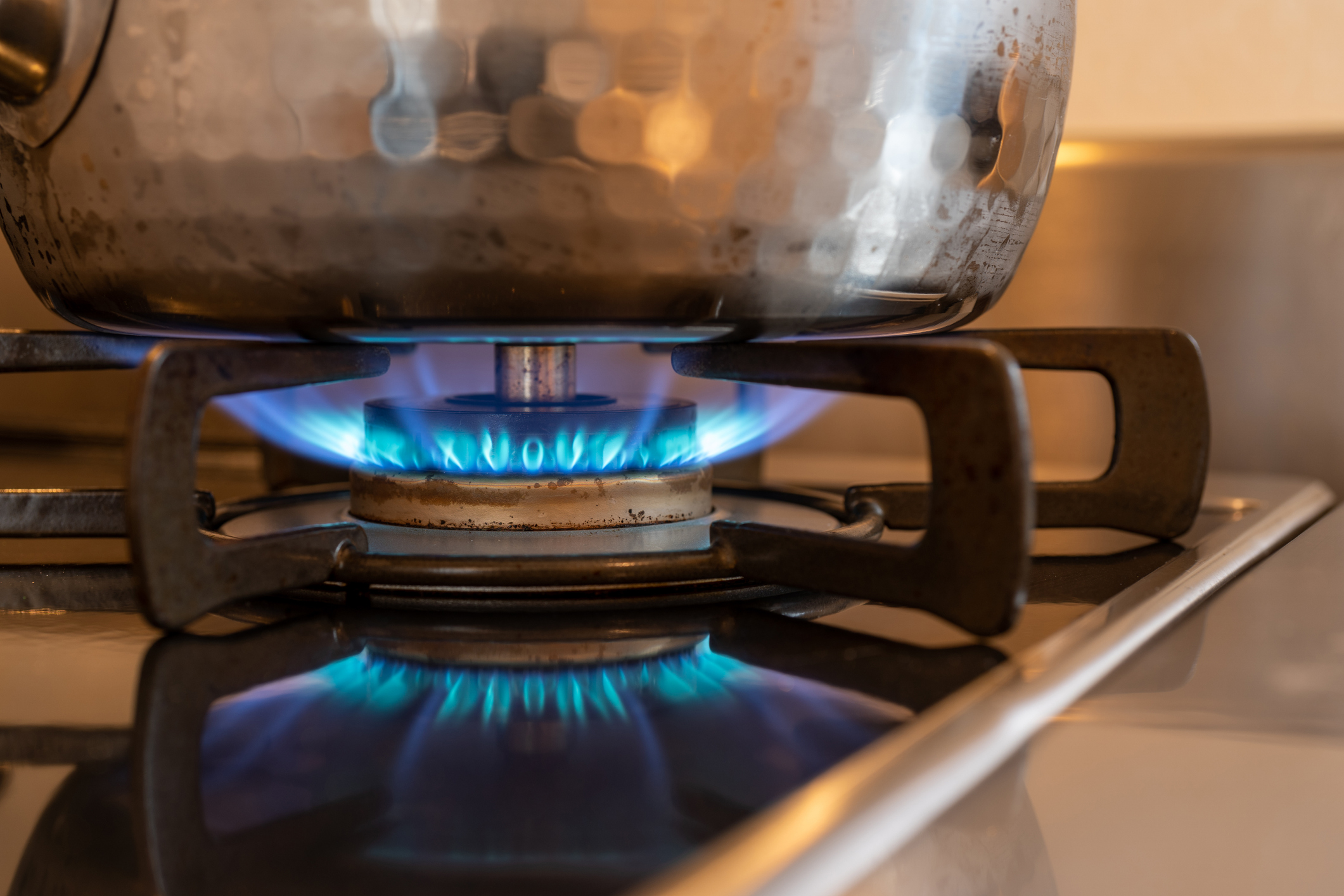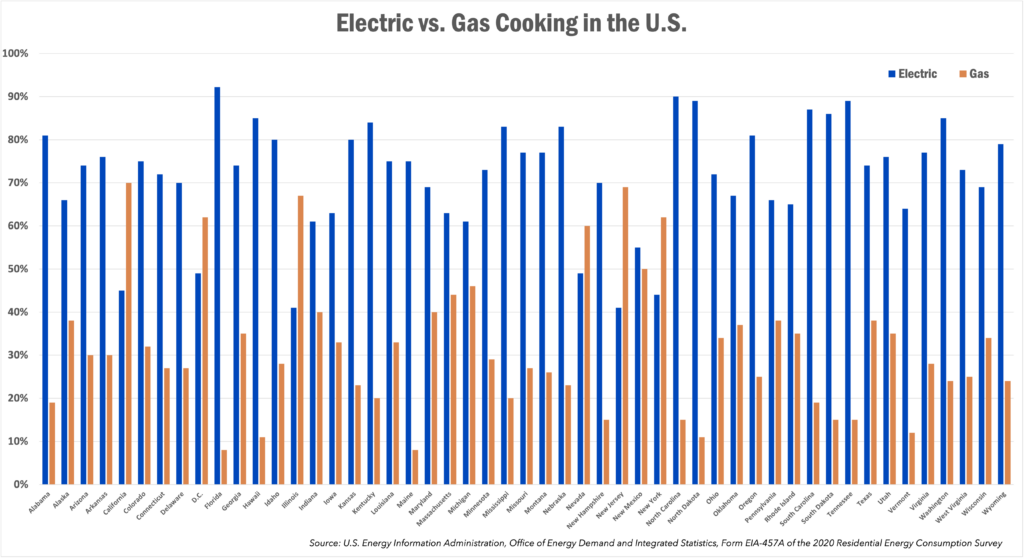What a ruckus about the gas stove industry over the past week or so, huh? You can thank a Bloomberg report for all of the hubbub over a potential ban on the sale of gas stoves. But let’s pump the brakes for a moment and understand what’s actually being discussed, by whom, and how it could eventually impact your business.
First, the source of all of this gas-stove hate goes back to a report that came out of the Consumer Product Safety Commission from mid-December. Following up on multiple studies that found gas stoves can emit harmful substances even while turned off, the CPSC said it would begin to formally investigate the matter and consider possible solutions.
“This public request for information is the first step in what could be a long journey toward regulating gas stoves,” Richard Trumaka Jr., a commissioner on the CPSC said during a virtual call last month.
He added that, with enough public pressure, the process could be sped up with gas stove regulations formally hitting the board’s books by the end of 2023. The commission, he said, would consider everything, including outright bans of new gas stoves.
It’s that last bit, which Bloomberg quoted, that caught everyone’s attention.
To be clear, though, the CPSC specifically noted that any potential regulation would apply to new products. This isn’t a situation where the agency would attempt to force consumers to replace existing gas stoves with electric or induction ones. Good luck getting some 47 million households to do that… Nevertheless, news about the possibility of a gas stove ban swept across news outlets and the internet. It helped to resurface measures passed in California (back in 2019) and New York City (from 2021) that ban most new homes and buildings from using gas hookups.
The chart above, using data from a U.S. Energy Information Administration survey, shows the percent of homes that have gas and electric cook tops.
So, yes, you can keep selling those gas stoves. Just know that you are probably going to — if you have not already — hear a lot of new questions from customers coming through your door or reaching out ahead of their intended purchase, or perhaps those who’ve already purchased a gas stove from you and want to ensure they’re safe. And, at the very least from a merchandising and business-planning perspective, you may want to start thinking about your product mix, and start training your sales team on the talking points around electric and induction cooktops.
What made the noise about gas stoves even more interesting is that separate conversations have also been happening around the Inflation Reduction Act and some $4.5 billion in funding that was folded into the bill for states to use to provide rebates for the purchase of new electric appliances. There are a number of qualifying factors for consumers, namely income and the state you reside in. But, according to Consumer Reports, a new appliance purchaser could receive a rebate of up to $840 on a new electric cooking appliance and up to an additional $500 to help cover the costs of converting from natural gas or propane to electric.
A lot is yet to be decided there, particularly at the state level, so stay tuned.





